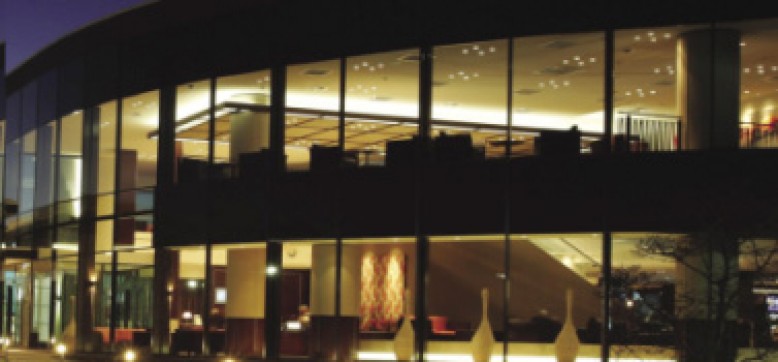

Simons Green Energy designed and installed a 142 kW Cogeneration System at Castle Hill RSL’s C2K Aquatic Centre in September 2011. The system produces cleaner electricity onsite and uses waste heat to provide hot water for domestic use, for space heating and for heating 4 indoor swimming pools.
Since its launch, C2K Aquatic Centre has saved $80,000 a year on energy costs and reduced carbon emissions by 540 tonnes each year.
Castle Hill RSL Club identified the need to improve the energy efficiency of their aquatic centre and the rest of the club to reduce current and projected energy costs while minimising their carbon footprint.
After the successful installation of Cogeneration system at C2K, Simons Green Energy was engaged to design, supply and install a state of the Trigeneration system on the Club’s main building to complete the stage 2 of this innovative energy efficiency project.

After the successful Cogeneration installation at Castle Hill RSL’s C2K Aquatic Centre, Simons Green Energy was subsequently re-engaged to design, supply and install a state-of-the-art Trigeneration system.
We assisted the Club to attain a $495,500 government grant that facilitated the investment in this innovative technology, reducing its payback period to only 2.5 years.
The 378 kW Trigeneration system produces cleaner electricity onsite and converts waste heat, into space heating, domestic hot water and space cooling.
Since it was launched in September 2013, the Trigeneration system is saving the Club approximately $250,000 a year on energy costs.
Simons Green Energy provided a complete Trigeneration Solution. We designed, supplied installed, commissioned and maintained both Cogeneration and Trigeneration systems on site. As an added value solution, we assisted the Club with the government grant application and with the Marketing and communications activities required by the grant.
Click here to watch Castle Hill’s Project video
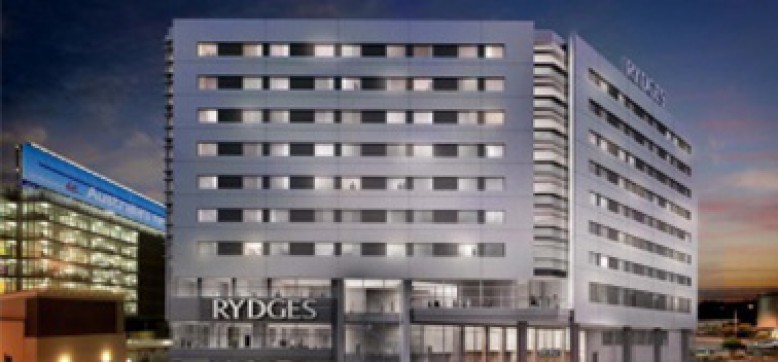

Simons Green Energy installed a 70 kW Cogeneration unit at the new Rydges Sydney Airport Hotel that provides power for critical services in case of grid failure as well as domestic hot water.
The Cogeneration unit was configured to run in two different modes: Grid parallel connection, providing base load power when it is cost effective to do so, and Emergency Island Mode connection to supply back-up power.
Rydges Sydney Airport Hotel launched the Cogeneration system in March 2013.
Simons Green Energy was engaged to design, install and commission the system and worked closely with Denwol Group as well as with the appointed builder Lipman Ltd. to ensure a smooth installation.
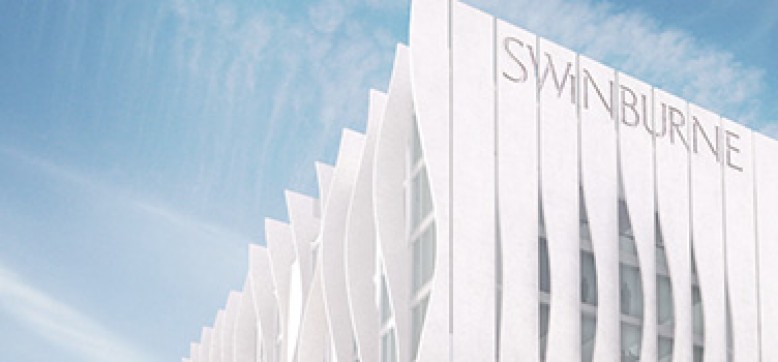

Simons Green Energy supplied and installed a 230kWe natural gas fired Trigeneration Plant at Swinburne University of Technology in Victoria.
The Trigeneration Plant was part of the $100 million Advanced Manufacturing Design Centre (AMDC) at Swinburne’s Hawthorn Campus. The ten level building is approximately 17,000 square meters in size.
The system was made up of 230 kW ENER-G CHP and 250 kW Shuangliang Absorption Chiller.
Simons Green Energy worked closely with mechanical contractor Allstaff Air-conditioning and global engineering consultants Sinclair Knight Merz (SKM) to ensure a smooth installation.
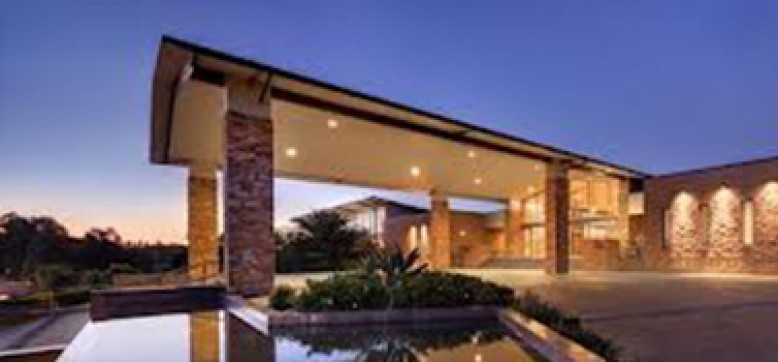

Lovedale Brewery is a Brewery inside the Crowne Plaza Hunter Valley. It is a state-of-the-art facility which will pump out 41 hectalitres of quality craft beer in the next 2 years, with a 300 square metre brewery, micro distillery and cellar door established as part of the hotel’s main complex.
This glass-walled working boutique brewery has the ability to produce up to 200,000 litres of beer annually and eight beers and ciders at a time including the new Lovedale Lager and the popular Sydney Cider.
Simons Green Energy was engaged to supply a complete Cogeneration solution that will provide power and heating to the brewery and the resort.
Crowne Plaza Brewery and Resorts will become the centre of operations for the Schwartz Family’s Sydney Brewing Company. The new Cogeneration system will provide provide cleaner and cheaper electricity than grid supply power, saving 230 gr CO2 per litre of beer produced.
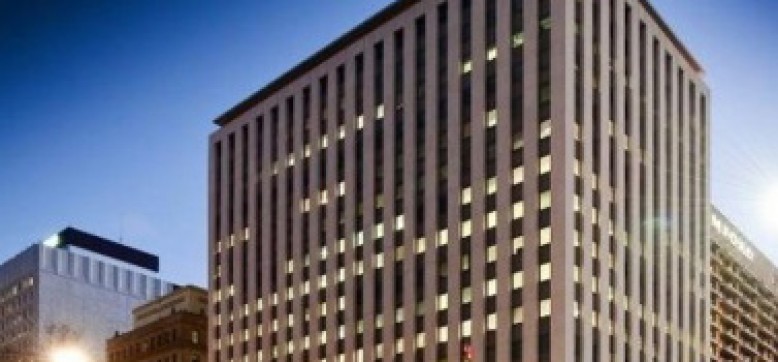

1 King William Street, Adelaide is a 19-storey office tower built in the 1965. Lucid Consulting had identified the need to reduce the building’s energy expenditure and carbon footprint and achieve a higher NABERS Energy rating which would increase yield and the value of the building. The Sustainable Energy System (SES) plan included the installation of a tri-generation system and roof top array of solar panels.
Simons Green Energy was engaged to supply, install and commission the Trigeneration project.
The Team worked closely with Lucid consultants, contractors Hansen Yuncken, O’Connors and client CBRE to ensure that the mechanical and electrical installation was completed in line with the set milestones and deadlines. SGE commissioned the Trigeneration system in April 2014.
The Trigeneration system design incorporated a newly developed electrical fault protection system interface between the authority ‘ SA Power Networks’ and the generation plant. The inter-tripping unit (ITU) enables SAPN to isolate the generator in the event of a fault in the system. This system also allows the generator to export energy to the network grid when the building electrical demand is low during early morning start-up of the plant.
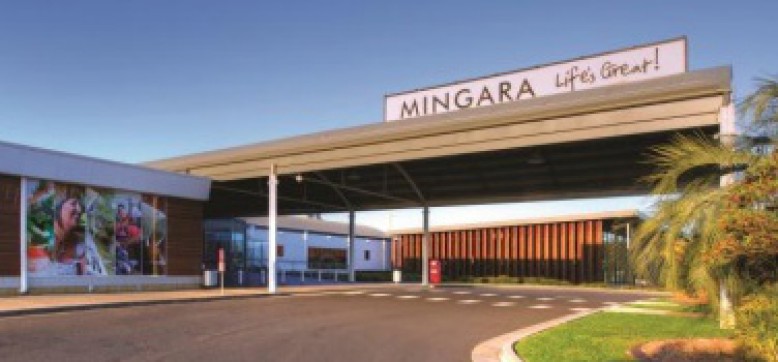

Mingara Recreation Club’s facilities offer a unique swimming centre, a fitness centre, a relaxation area, restaurants and more.
With the aim for reducing energy costs while minimising their environmental footprint, the Club installed two Cogeneration systems that provide over 50% of the Club’s electricity needs while converting waste heat into hot water for the swimming pools and for showers.
The project received $818,872 in grant funding from the Australian Government, delivering compelling financial and environmental benefits for the lifetime of the system.
The installation of the two Cogeneration units required the construction of a new internal plant room located in the basement of the main building to house the system. The plant room is located adjacent to the Club’s administration offices hence the installation was designed to ensure that no acoustic or vibration impacts would be experienced.
The system was official launched on Wednesday 8th October, to access the photo gallery click here or watch the project’s video.


The new Little Creatures Brewery in Geelong, Victoria and it was built on a heritage building site. The facility has a 1.2 MW Cogeneration system as well as other energy efficient equipment such as energy recovery systems in the brew-house, automation for cleaning regimes and variable speed drives on motors throughout the plant.
Simons Green Energy was engaged by brewery plant suppliers Krones AG to supply a 800 kW and a 400 kW CHP units
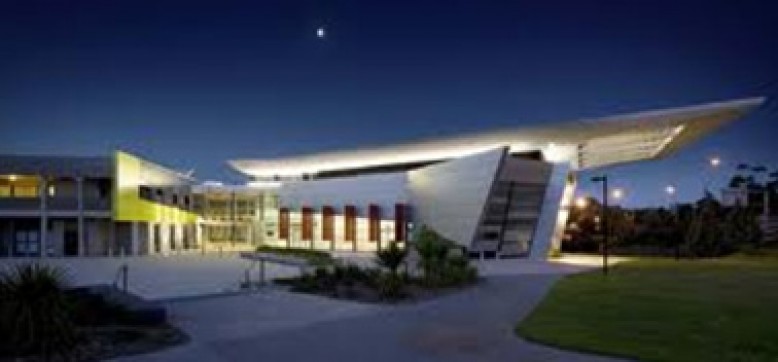
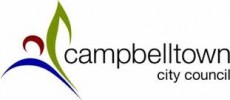
Campbelltown Arts Centre (owned and operated by Campbelltown City Council) and Aquafit Fitness and Leisure Centre (owned and operated by Campbelltown Catholic Club) are two iconic, highly used facilities located in the Campbelltown Local Government Area and Macarthur region.
Simons Green Energy conducted a feasibility study to analyse the potential for development of a district-based Cogeneration or Trigeneration system to serve the electrical, heating and cooling needs of the Aquafit Fitness and Leisure Centre and the Campbelltown Arts Centre.
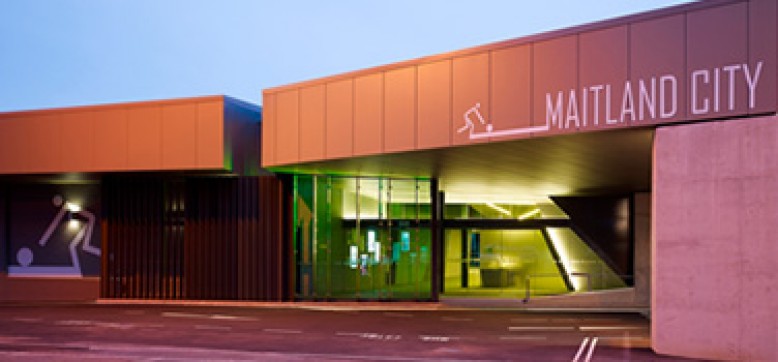

Maitland City Bowls Sports and Recreation Club is located in the regional suburb of Rutherford and is currently the home base to most local sporting clubs, and community organisations, including cricket, football and AFL.
The Club embarked on an energy audit which identified the need to move away from electric duct heating to hot water based heating. Trigeneration was the recommended solution to satisfy the Club’s power, heating and cooling demands.
The Trigeneration system was officially launched on 15th August 2013.
The Club’s HVAC project included retrofitting five electric duct heating units and piping the system for a new hot-water based system. The removal of the electric duct heating system has eliminated 120 kW of electric heating load.
The new Trigeneration system now provides heating from waste heat from the Cogeneration unit’s engine. This was a leap forward for the Club with the Trigeneration system providing both supplementary heating and cooling for present demand and for foreseeable future expansion that will increase demand to cater for a further 2000 square metres of gaming, catering and function areas.
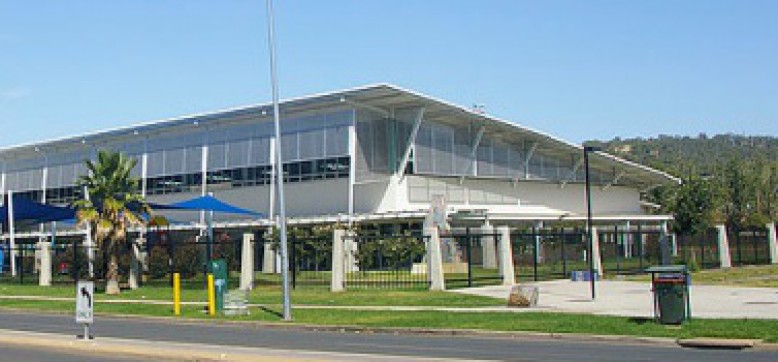

Oasis Regional Aquatic Centre, founded by Wagga Wagga City Council in 2003, has a 25 metres indoor pool, a 50 metres outdoors pool, a beach and water leisure areas, a turbo pool, a sports stadium and a children’s playground.
The Council identified the need to upgrade their conventional heating system to reduce energy costs as well as cutting carbon emissions. Simons Green Energy was engaged to supply and install a 229 kW Cogeneration system was that provides cleaner onsite electricity and hot water for pool heating and space heating at no cost.
The Cogeneration project received $412,582 in government funding, resulting in a payback period of less than 2 years. .
“The installation of a 229kW cogeneration system at the Oasis Aquatic Centre has been a very successful project for Wagga Wagga City Council in partnership with CEEP and the Clean Energy Finance Corporation. The commissioned plant is now in operation and is producing a significant reduction in energy costs while also providing environmental benefits through the reduction in carbon emissions.” Said Ben Creighton, Facility Manager of Oasis Regiona Aquatic Centre, Wagga Wagga.
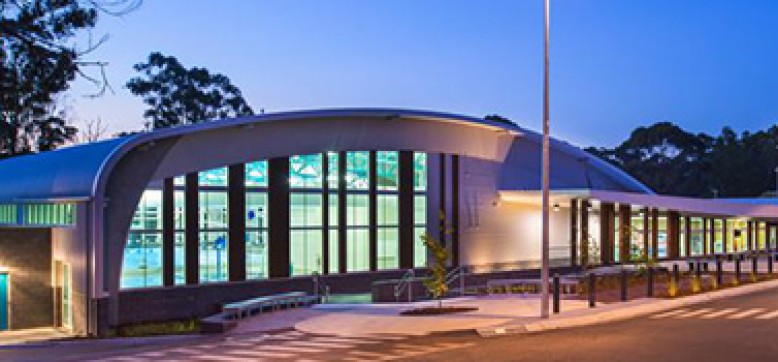

Responding to increasing demand for sustainable energy solutions, Simons Green Energy installed a state of the art Cogeneration energy system at Devonport Aquatic and Leisure Centre in Tasmania.
The system provides the Aquatic Centre with onsite power and converts waste heat into swimming pool heating, space heating and domestic hot water for free.
“One of Council’s key strategies is to live lightly on our environment and the Cogeneration System certainly fits into making a major contribution to Council’s goal in its strategic plan. This power system for the Aquatic Centre fits into our carbon reduction strategy and certainly will improve the energy and cost efficiency of running the facility which will be welcomed by Council and ratepayers,” Said Mr Ian McCallum, General Manager at Devonport City Council.
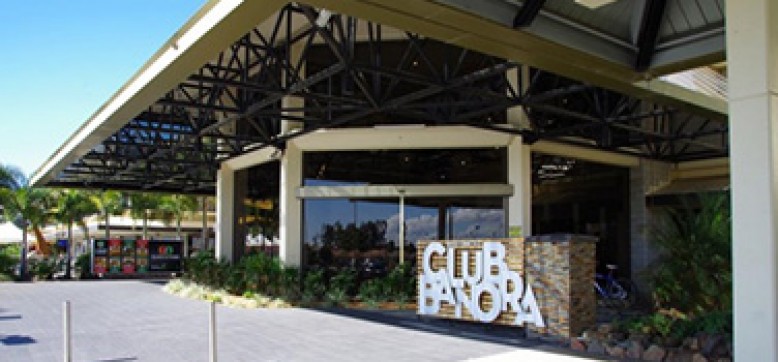

Club Banora, as part of the Twin Towns Clubs & Resorts, is a community oriented Club located in Tweed Heads. Its facilities comprise a Golf course, a 3700 m2 building and two outdoor swimming pools previously opened only during the summer months.
In order to provide members with energy efficient facilities, extend the swimming club’s operations and reduce operating costs, the Club installed a state of the art Trigeneration energy system in July 2014.
The Trigeneration system generates over 50% of the electricity required to power the Club, reducing its reliance on grid supplied power. The waste heat from the Cogeneration engine is used to heat the outdoor swimming pools which was previously unachievable due to the cost of running the existing boiler during winter.
As a result the swimming club can now operate all year round, increasing pool attendance in the winter months.
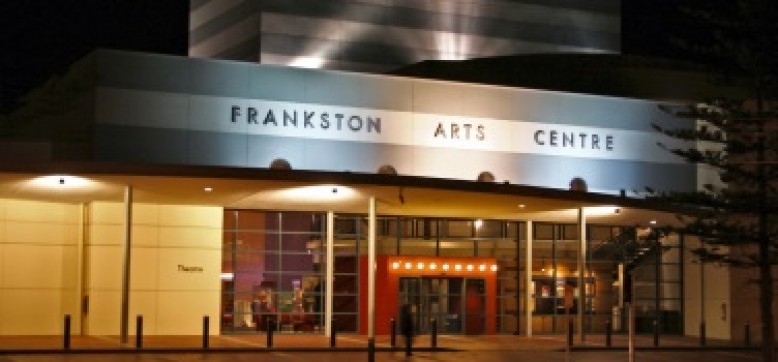
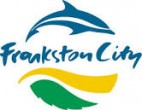
The Frankston Arts Centre is a landmark theatre and art gallery located on Frankston, VIC. The Arts Centre provides community access with workshops, exhibitions and youth arts projects running throughout the year.
Simons Green Energy was engaged to build a state of the art showcase plant which includes a range of sustainable energy including Trigeneration, Micro – Cogeneration and fuel cells power generation.
Simons Green Energy was engaged to supply, install, commission and maintain all the technology components of this state of the art demonstration site. The Trigeneration was installed on the roof of the building with the suite of Micro-Generation technologies located at the underground car park are to showcase the component of the renewable energy efficiency pilot project.
Construction works are still in progress.

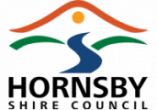
Cogeneration is providing a large portion of the Hornsby Aquatic and Leisure Centre ‘s energy needs, while providing hot water for showers and swimming pools.
The indoor pools have been designed to operate at 31 to 32 degrees water temperature. An extensive study of the options available was carried out at the design phase and the provision of a Cogeneration System was selected as the most cost effective solution for the project. Simons Green Energy supplied and installed the 100 kW Cogeneration system.
Hornsby Aquatic and Leisure Centre offers the community outstanding services and facilities including: a heated eight lane 50 metre outdoor pool for lap swimming and water polo, outdoor seating for 500 spectators with a spectacular view of Old Mans Valley,a heated, ten metre by 25 metre indoor pool for learn-to-swim activities,a leading edge gymnasium, a heated leisure pool with zero depth entry leading into a walking zone and more.
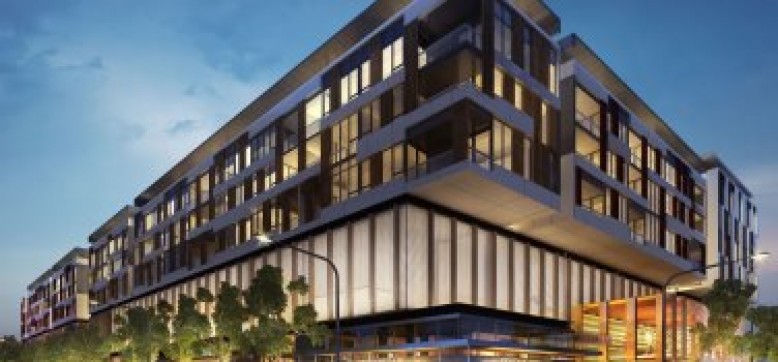

East Village is a one-of-a-kind retail and residential complex located 3 km away from Sydney CBD. The facilities comprise a supermarket, a health club, 50 specialty shops, apartments and over 680 parking spaces .
This new residential-commercial complex been designed to the highest sustainability standards to achieve a a 5 Star Green Star Design rating.
Simons Green Energy was engaged to supply a 583 Absorption Chiller that can run on waste hot water from a Cogeneration engine or on natural gas, providing tenants with low-cost and low-carbon air-conditioning all year round.
Absorption Chillers are designed to run on various fuels including waste hot water from a generator (if available), producing cooling from a “free” source. When running on such configuration, Absorption Chillers can cleaner and cheaper cooling than other types of chillers.


Designed to provide the community with fresh, sustainable and energy efficient facilities, the $15 million plan includes the installation of a state-of-the-art Trigeneration System, along with upgrades to gym, entertainment, parking and air-conditioning systems.
Simons Green Energy designed and installed the Trigeneration system that will save the Club an average of $185,000 a year on energy costs. The Club will replace more than 50% of grid-supplied electricity for cleaner and cheaper energy produced on site.
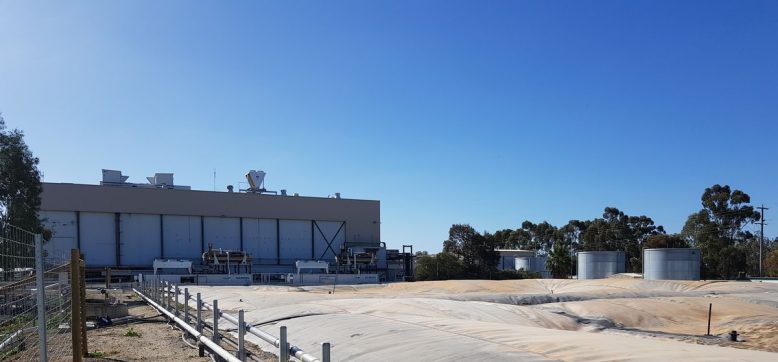
Simons Green Energy conducted a feasibility study to assess the suitability of HW Greenham & Sons installing a mixed-fuel cogeneration system at their meat processing site in Tongala, Victoria. The system needed to offer significant environmental benefits and make sound financial sense.
Subsequently awarded the project, Simons provided the client with an end-to-end solution from initial design to project completion.
Simons partnered with Siemens to provide the two cogeneration units that are installed on site, operating 24 hours a day, five days a week. The cogeneration and biogas system is fully automated with remote monitoring by a custom-designed PLC and SCADA control system, which monitors site conditions including both cogeneration units, pumps, pressures and temperatures of all relevant systems, including biogas CAL pressures and flare.
Two SGE-42HM 1000 kW Siemens cogeneration units deliver power and heat to the abattoir, with a combined maximum electrical output of 2000 kW and 1900 kW of heat. SGE covered three of the existing anaerobic lagoons to capture the methane that was naturally being generated in the ponds. The treated biogas and natural gas power the engines, creating electricity and heat.
The two electrically led generators service the base electrical load for the site, varying their output in order to match the grid requirements of the facility. The waste heat produced by the engine is used to heat water from 85 to 95°C, which is then used to preheat washdown and process water via a series of plate heat exchangers. This preheated water reduces the thermal load on the hot water heaters.
Blending fuels ensures the generation of power and heat supply and allows the facility to operate at a higher output than on biogas alone, with a lower cost per watt than a straight biogas system. Diluting the biogas with natural gas effectively reduces the sulfur level of the operation.
The system is predicted to reduce emissions, electricity and heat generation, and waste management by approximately 14,000 tonnes per year of CO2e, with the system set to pay itself back in approximately 3.5 years.